What Movies Are Based on Ira Levin’s Books?
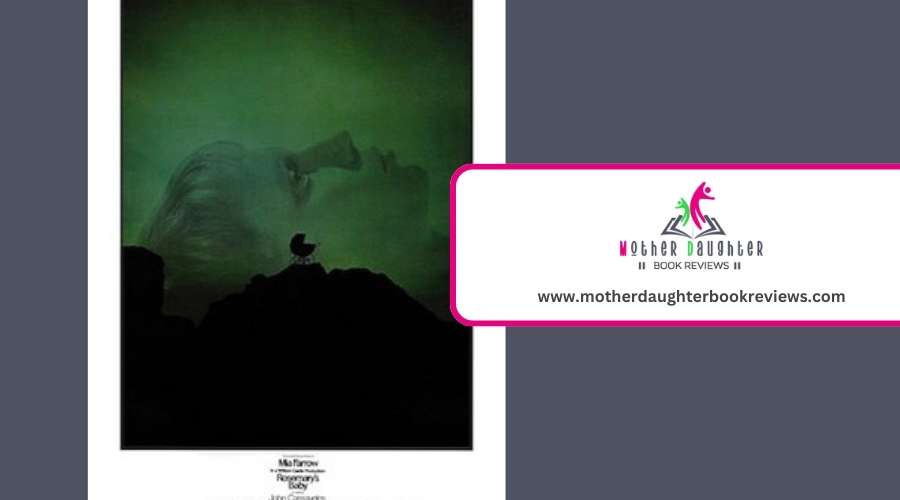
Many of cinema's most chilling and provocative films have been adapted from the unsettling works of acclaimed novelist Ira Levin (1929-2007). His masterpiece Rosemary's Baby was adapted into a critically acclaimed 1968 film, showcasing Mia Farrow's powerful performance as a new mother suspecting her husband and Satanic neighbors.
The 1975 film version of The Stepford Wives popularized the "Stepford wife" trope, using robotic and submissive homemakers to investigate complex social issues. Levin's talent for blending suspense, horror, and social commentary has enthralled audiences in adaptations of A Kiss Before Dying, The Boys from Brazil, and more. This article allows you to explore Levin's cinematic legacy more profoundly.
Rosemary's Baby: Levin's Chilling Masterpiece
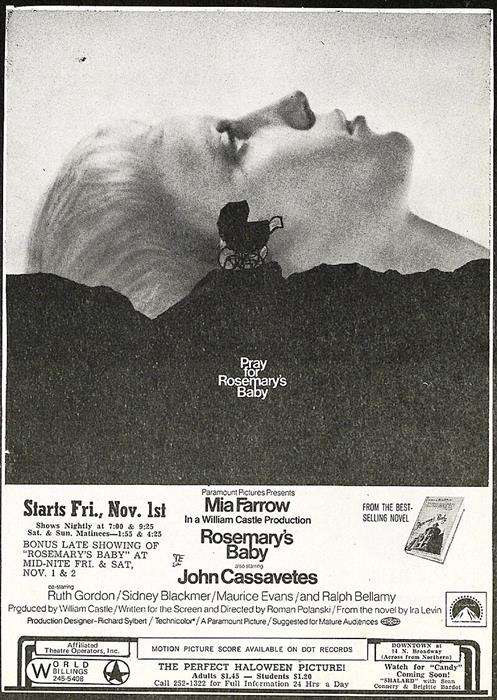
Rosemary's Baby is widely regarded as Ira Levin's chilling preeminent work. It captivates audiences with its unsettling exploration of paranoia, deception, and a woman's vulnerability in a patriarchal society.
Adapted into a critically acclaimed 1968 film directed by Roman Polanski, the story enthralled moviegoers through Mia Farrow's powerful performance. She played the role of a new mother who suspects her husband and Satanic neighbors of conspiring against her.
Farrow's outstanding performance earned her widespread critical acclaim, while Ruth Gordon's role as the brash next-door neighbor won her an Academy Award trophy for Best Supporting Actress. Director Polanski's screenplay, based on Levin's novel, earned an Academy Award nomination. It also garnered several Golden Globe Award accolades, including a Best Actress nomination for Farrow and Best Supporting Actress win for Gordon.
The film's unsettling atmosphere and chilling finale solidified its status as a classic of American cinema, ushering in a fresh chapter of sophisticated and character-driven horror films that grappled with societal anxieties. Like his later work The Stepford Wives, Levin's Rosemary's Baby masterfully explored themes of women's independence and the dark undercurrents of societal control.
The Stepford Wives: Subverting Gender Norms
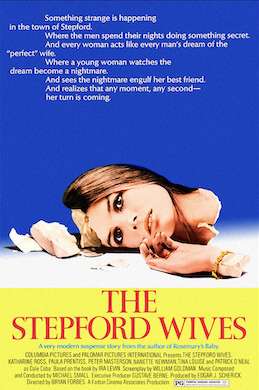
Many critics often dismissed Ira Levin's 1972 novel, The Stepford Wives as a simplistic caricature. However, The Stepford Wives astutely subverted traditional gender norms.
The 1975 film adaptation, starring Katharine Ross as the protagonist Joanne Eberhart, popularized the "Stepford wife" as a derogatory label for women who conform to unwaveringly subservient roles. This concept represented broader anxieties about the loss of female autonomy under patriarchy.
Katharine Ross, as Joanne Eberhart, popularized the "Stepford wife" as a derogatory label for women who conform to unwaveringly subservient roles. This concept represented broader anxieties about the loss of female autonomy under patriarchy.
As you might expect, The Stepford Wives movie garnered reactions from feminists, mostly unfavorable. Betty Friedman, one of the leading feminists at the time, even encouraged women to boycott the film and attempt to curb publicity for it. However, a few women – even feminists like screenwriter Eleanor Perry – defended and even praised the movie.
Like Levin's earlier work Rosemary's Baby, The Stepford Wives used the trope of robotic and servile women to probe complex social issues. Debates continue on the term's implications, but the novel's enduring impact showcases Levin's talent for using genre fiction to investigate intricate social issues.
Similar to Gothic literature themes found in works like Mary Shelley's Frankenstein and Oscar Wilde's The Picture of Dorian Gray, The Stepford Wives explores moral dilemmas through a dark, psychological lens.

A 2004 remake, directed by Frank Oz and starring Nicole Kidman as Joanne Eberhart, retains the novel's basic premise but replaces horror with a more exaggerated and comedic approach. The remake is also short and fast-paced, running at 93 minutes, including the end credits (the 1975 film was 115 minutes long), and has an unexpected twist at the end. It received mixed reviews and did decently at the box office.
A Kiss Before Dying: Suspense and Twists
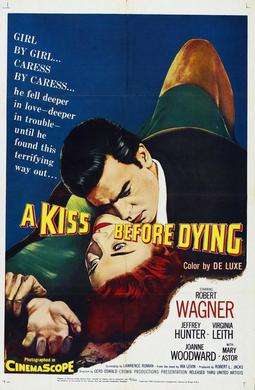
Levin's command of suspense and knack for creating shocking twists made his 1953 novel A Kiss Before Dying an ideal source material for gripping psychological thrillers. The 1956 and 1991 cinematic adaptations of A Kiss Before Dying showcased Levin's brilliance, captivating audiences with their taut pacing and unpredictable narratives.
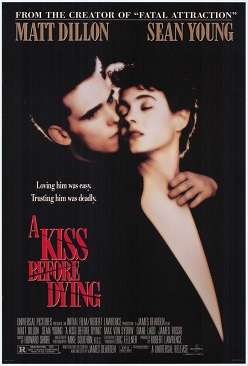
The 1956 film version starred Robert Wagner as a murderous social climber, while the 1991 remake featured Matt Dillon as a psychopathic suitor. Both adaptations received praise for their clever plot twists, cementing Levin's expertise in suspense and his ability to construct intricate, suspenseful stories that keep viewers on the edge of their seats.
Like the intricate design details found in Raskin's The Westing Game, every element in Levin's story serves to propel the narrative forward with mounting tension.
The Boys from Brazil: Genetic Horrors
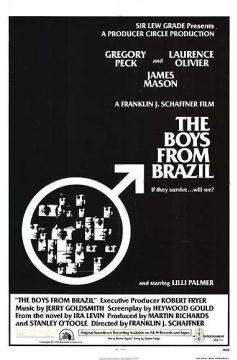
The 1978 film adaptation of Ira Levin's 1976 novel The Boys from Brazil chillingly explores the disturbing concept of creating clones of the notorious Adolf Hitler.
Gregory Peck stars as the Nazi doctor Josef Mengele, who orchestrates a plan to clone dozens of young boys in South America, hoping to revive Hitler's regime. Laurence Olivier portrays Ezra Lieberman, a Jewish Nazi hunter who uncovers Mengele's sinister plot and tries to stop the cloned boys from fulfilling their dark destiny.
Ira Levin's work and its cinematic counterpart investigate the moral implications of genetic engineering and the persistent threat of ideological extremism, serving as a haunting cautionary tale.
This Perfect Day: Dystopian Adaptation
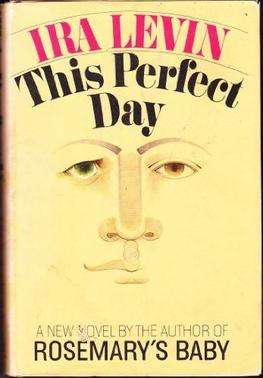
Ira Levin's 1970 dystopian sci-fi novel This Perfect Day has not yet received a major film adaptation. However, its visionary exploration of a totalitarian society under a computerized superstate's control remains a thought-provoking and relevant cautionary tale.
The story follows the pathway of Chip, a young man who rebels against the oppressive system. The novel's themes dealing with conformity, individuality, and the dangers of technological control continue to resonate today.
Despite the novel's critical acclaim, Hollywood has yet to bring Levin's dystopian vision to the big screen. Scholars at New York University and other institutions have analyzed The Perfect Day's prescient commentary on societal control, making a compelling case for a cinematic adaptation that could captivate today's audiences.




